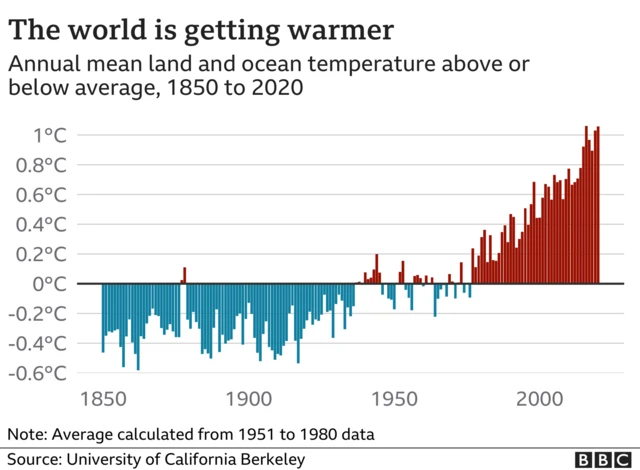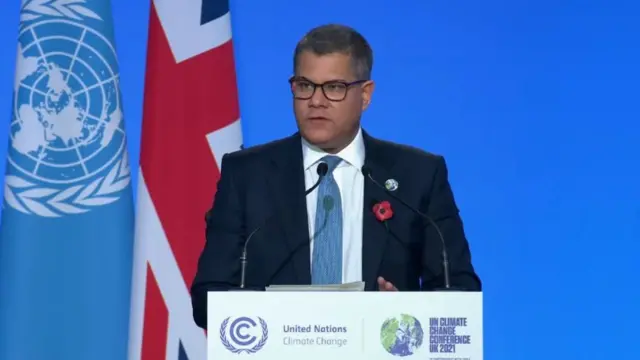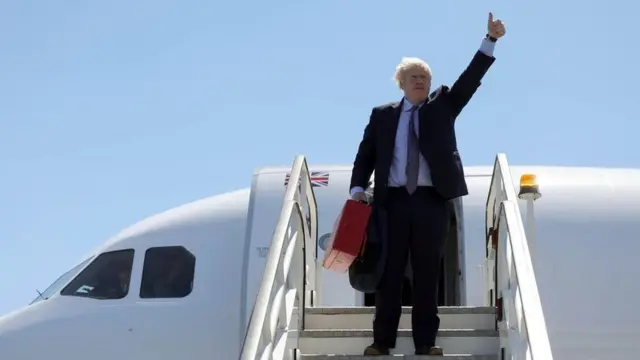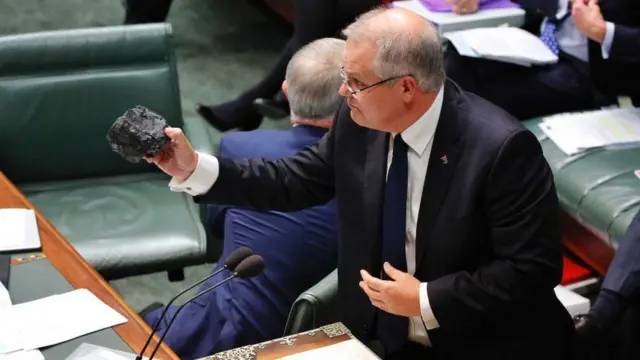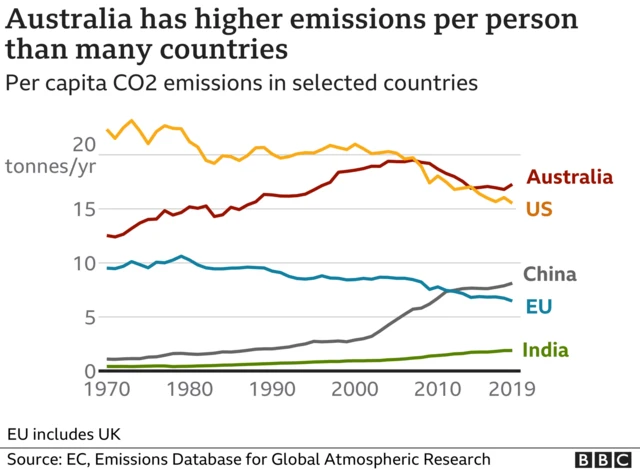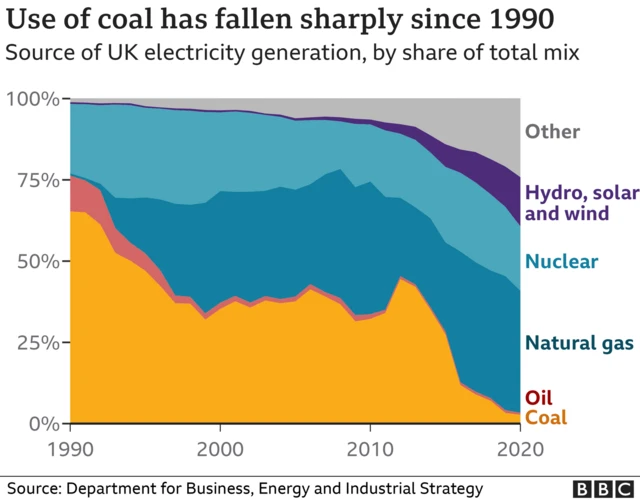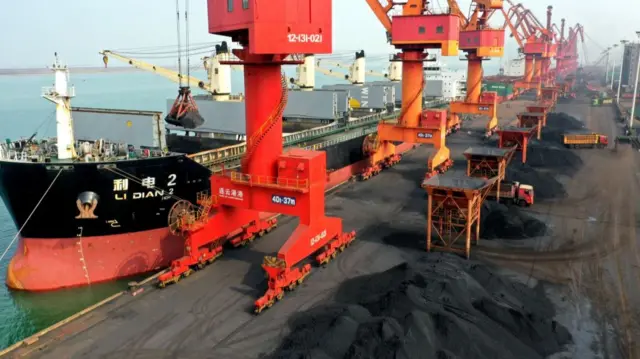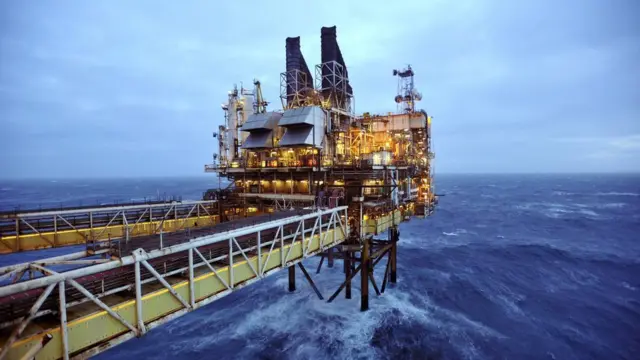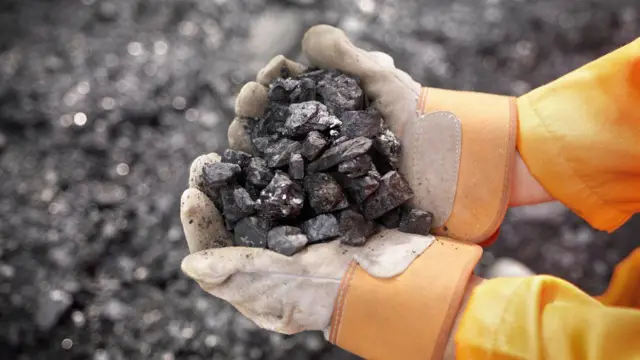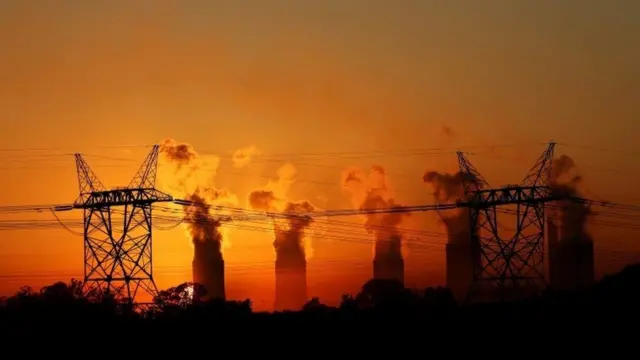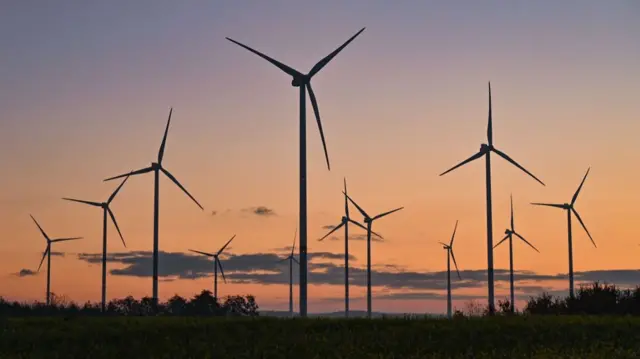Fossil fuels: All you need to knowpublished at 10:16 GMT 4 November 2021
With today being 'Energy' day, there's a lot of talk about fossil fuels and how we can move away from them.
So what are we talking about? Fossil fuel is an umbrella term for crude oil, coal, and gas. They're called that because they're formed over millions of years from the remains of dead organisms.
Simply put, these resources have energy stored within them which when burned releases energy. But this process also produces large amounts of carbon dioxide and our reliance on them since we developed industry has fuelled climate change.
A lot of discussions today will be about greener energy sources - like hydropower and solar energy - and how we can transition to them in order to slow down carbon emissions.
